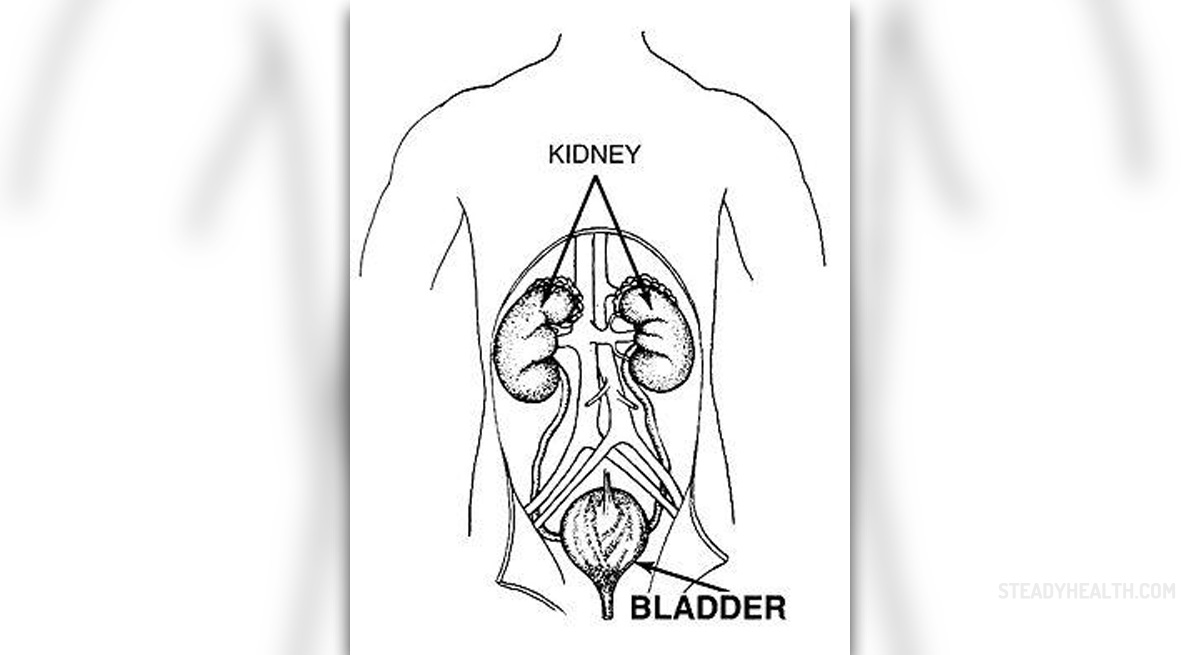
Nocturnal Enuresis or Bedwetting
Bedwetting is one of the most common childhood complaintsand it is actually the most frequent urological complaint among kids. It ismedically referred to as nocturnal enuresis and it can be described asinvoluntary urination which takes place while the child is asleep. Nocturnal enuresis can onlybe diagnosed in children who are old enough to have a properly functioningbladder. This is mainly due to the fact that bedwetting usually occurs as acertain type of developmental delay. It is commonly associated with hereditaryfactors, so parents should not be so hard on their children.
Nocturnal enuresiscan be easily classified into two different types and those are primary and secondarynocturnal enuresis. In normal conditions, bedwetting is prevented by a certainhormone called arginine vasopressin which is in charge of reducing urineproduction during the night and also by a person’s ability to wake up once thebladder gets full of urine. Once these two abilities get developed the childmay achieve dryness and stop wetting the bed during the night.
The most commonform of bedwetting is the one medically referred to as primary nocturnalenuresis. Once the child is old enough to stay dry, bedwetting is defined as amedical condition and it needs to include at least two wet nights each week inorder to be defined as primary nocturnal enuresis. The starting age rangewhen the child can be diagnosed with nocturnal enuresis is still the subject ofmany debates. Secondary nocturnal enuresis is a whole other thing by definitionas it involves bedwetting which takes place after an extended period ofdryness. This type of bedwetting isoften triggered by certain types of medical conditions or emotional stress.
Causes of Bedwetting
In most cases of bedwetting, the underlying causes are associated with primary nocturnal enuresis and the two most common ones includeneurological developmental delay and genetics. Delayed development may reducethe child’s ability to stay dry. Sometimes a child may suffer from a slownessof the nervous system which simply cannot process the feeling of a full bladderfast enough. Genetics also play an important role in bedwetting, so children ofparents who suffered from nocturnal enuresis have a strong chance of sufferingfrom the condition themselves. Unfortunately there are no tests which can provethat a child suffers from nocturnal enuresis simply because of developmentaldelays or genetic factors. This is why doctors usually take various otherpossible causes into consideration as well.
Excessive fluid consumption is known forleading to nocturnal enuresis. Children who suffer from attention deficit hyperactivitydisorder are known for being very prone to nocturnal enuresis. Consumption ofcaffeine may also cause bedwetting in some cases. Chronic cases of constipationmay also lead to enhanced pressure on the bladder and the onset of nocturnalenuresis. Numerous different types of infections and diseases may sometimes beheld responsible for bedwetting in both children and adults. Insufficientproduction of the aforementioned anti-diuretic hormone sometimes triggersnocturnal bedwetting in children. Severe neurological and developmental issuescan additionally be a big problem when it comes to staying dry during the night.Physical abnormalities such as an undersized bladder may sometimes beconsidered as a major cause of nocturnal enuresis.
There are variouspsychological issues such as extreme bullying, sexual abuse and death in thefamily which can also be held responsible for nocturnal enuresis. Upper airwayobstruction may lead to sleep apnea which triggers nocturnalbedwetting in some cases. A peculiar fact is that there are certain casesof sleepwalking which have been associated with bedwetting. Most of the time secondary nocturnalenuresis is associated with stress. There are also certain unconfirmed causesof bedwetting which include improper toilet training, foodallergies and heavy sleeping.
Treatment and Management Options
The best thing one can do is to wait, because most childrensimply outgrow their problems with bedwetting. There are also various differenttypes of bedwetting alarms available on the market, which produce a loud toneas soon as they detect any moisture. These alarms are wearable and they arevery efficient in helping the child wake up when the sensation of a fullbladder starts kicking in. There is another treatment option and that isdesmopressin in the form of tablets. It actually replaces the anti-diuretichormone and induces a reduced production of urine during the night. Certaintypes of prescription tricylic antidepressant drugs which have anti muscarinicproperties have also been used in the treatment of nocturnal enuresis in somecases. Diapers and absorbent underwear are commonly used as conditionmanagement options.
Frequency of Bedwetting
There are 20 percent of children aged 5 who experiencebedwetting, 10 to 15 percent of children aged 6 experience bedwetting, 7percent of kids aged 7 experience bedwetting, 5 percent of kids aged 10experience bedwetting, 1 to 2 percent of kids aged 15 cannot stay dry at nightand the percentage of adults commonly affected by nocturnal enuresis is from0.5 to 1 percent.


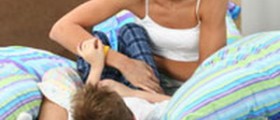



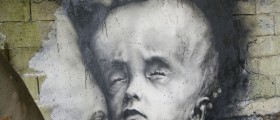
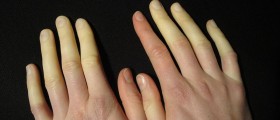

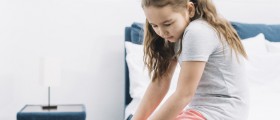
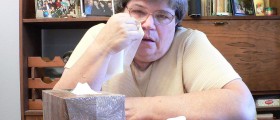
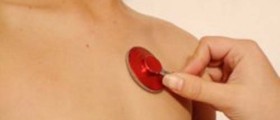

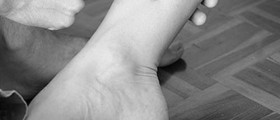


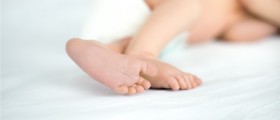
Your thoughts on this
Loading...